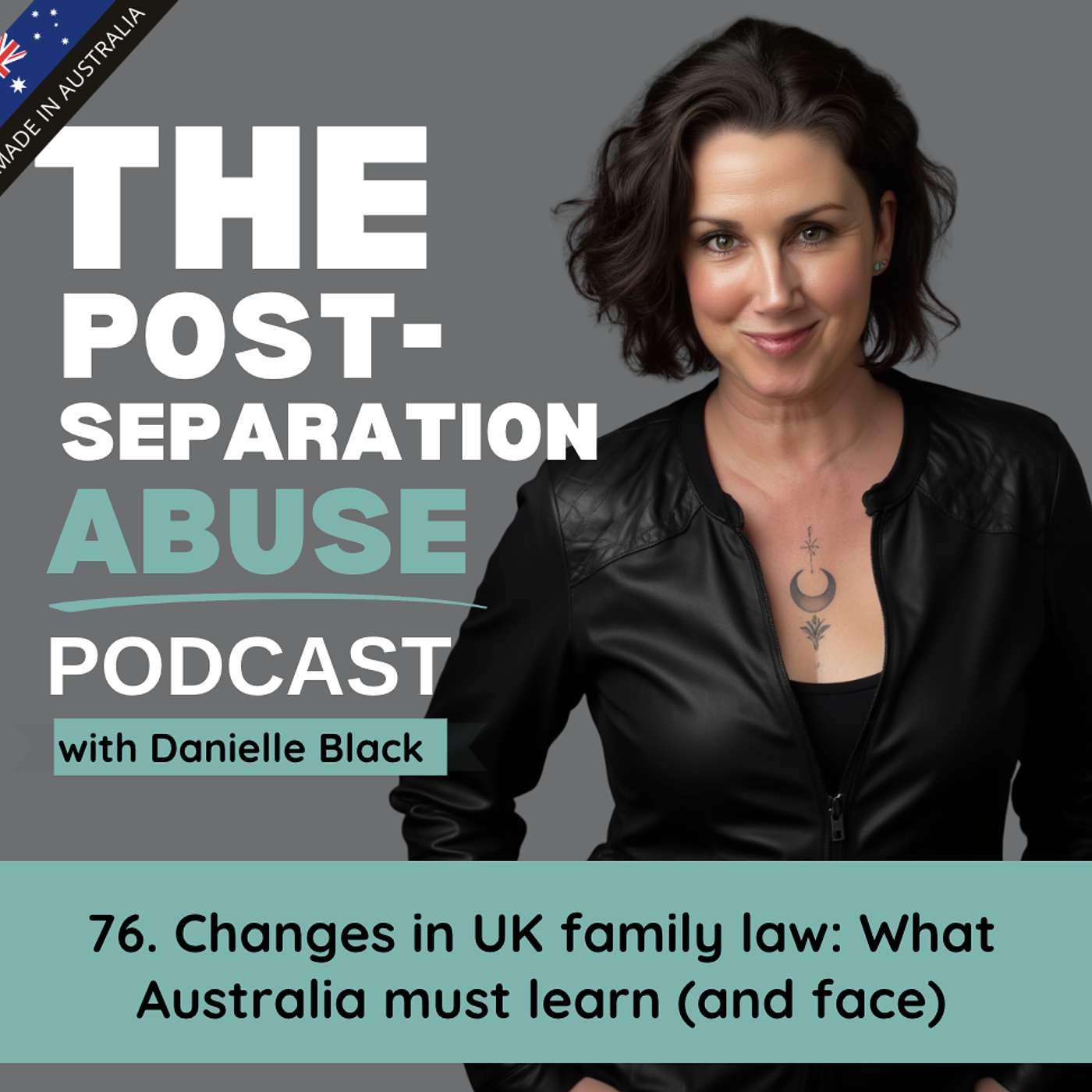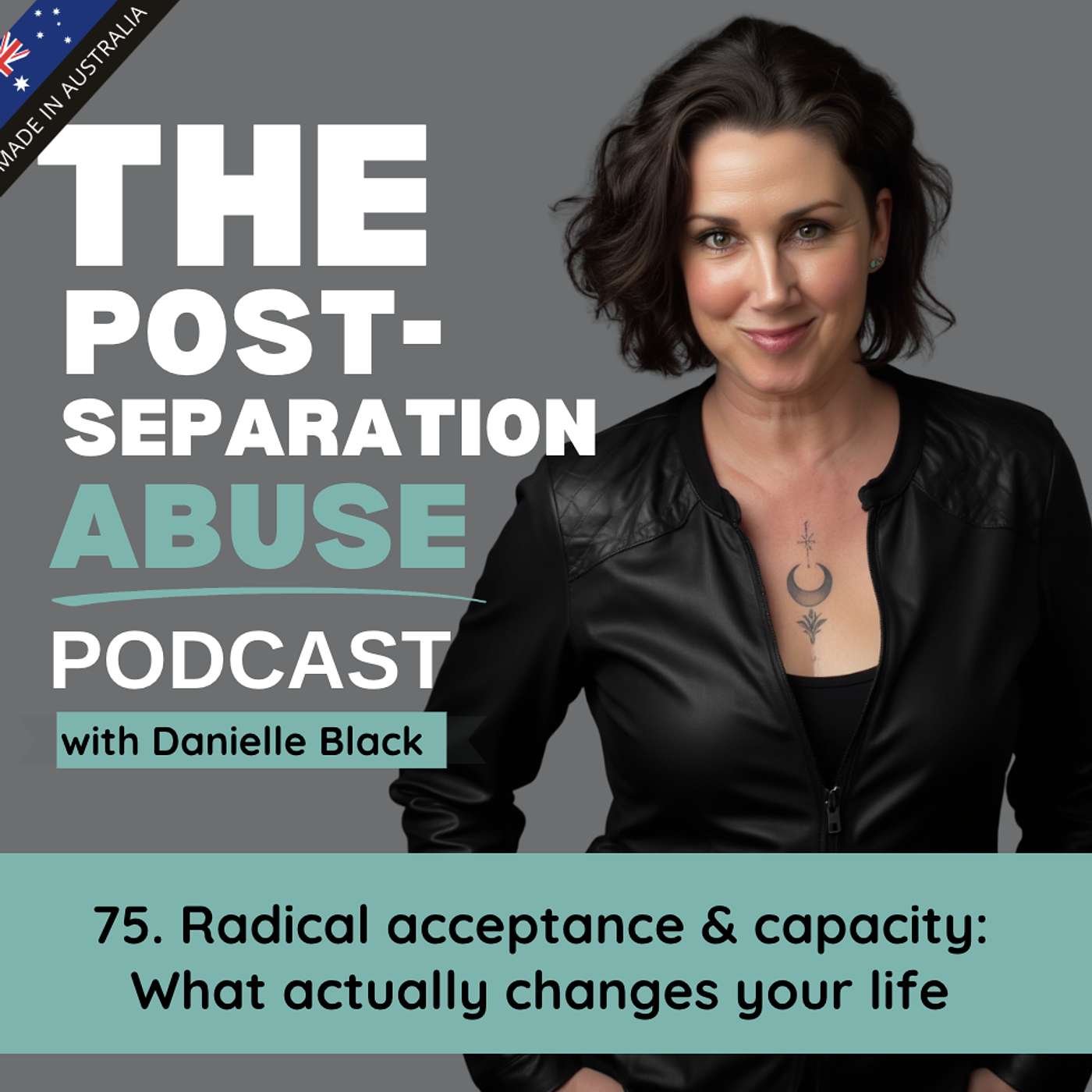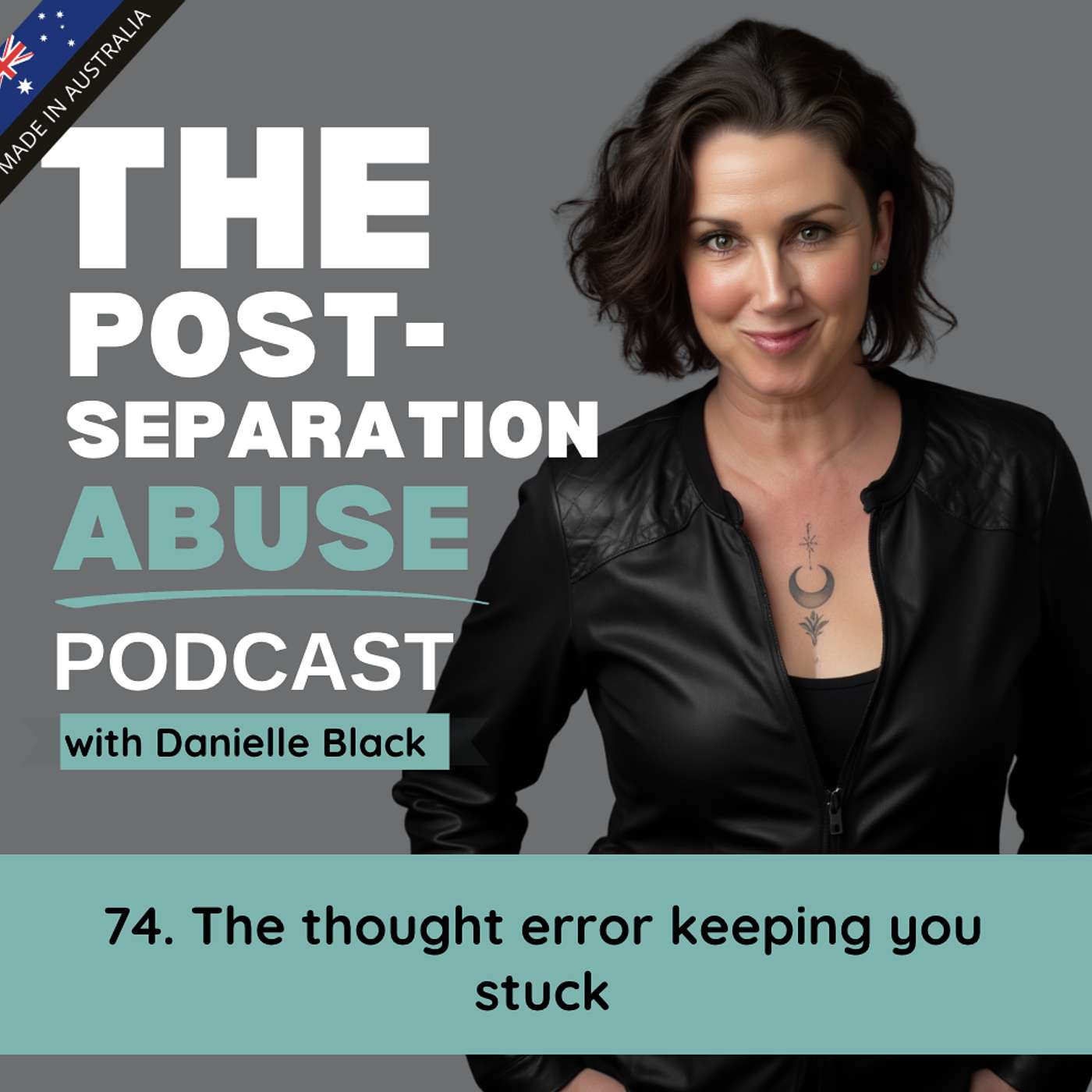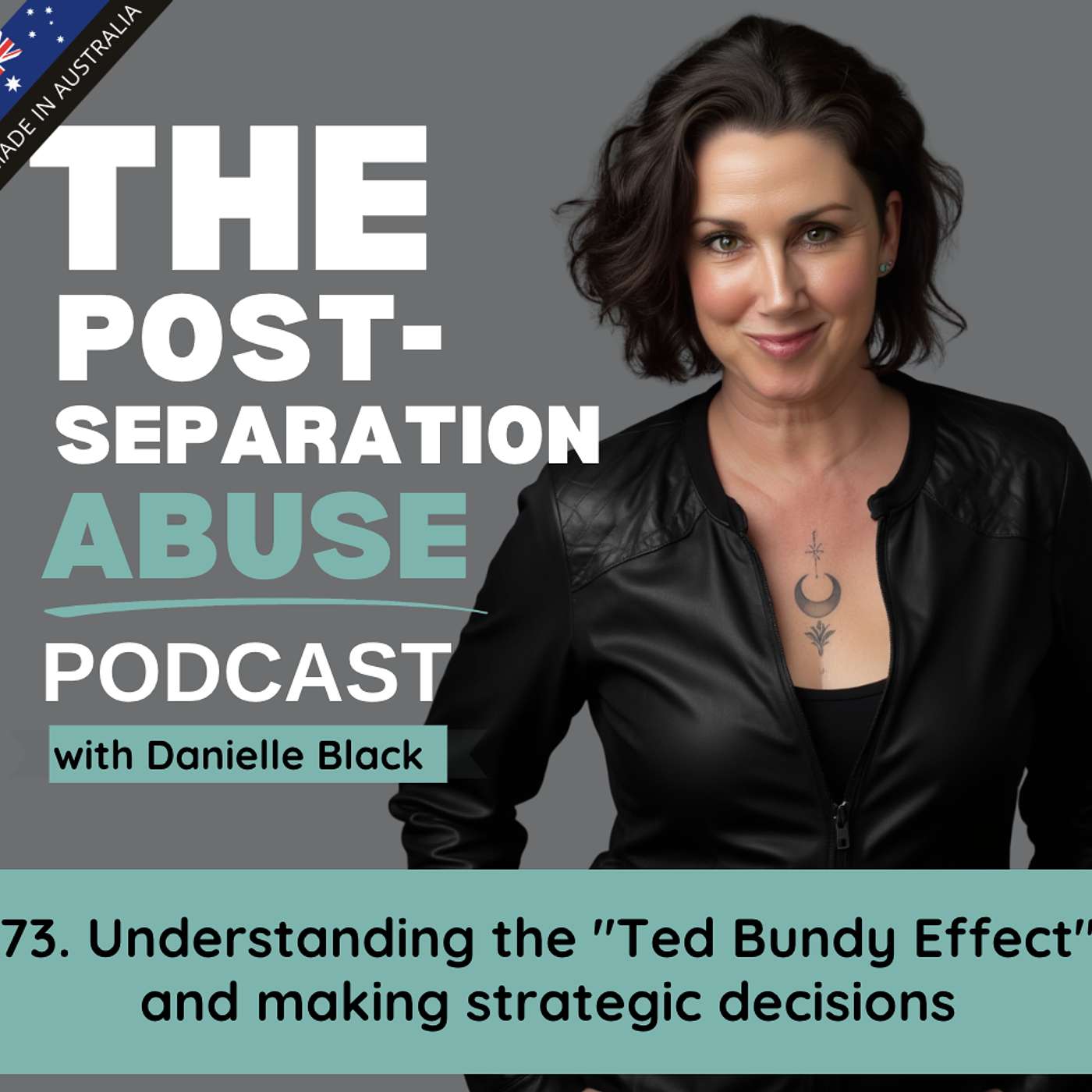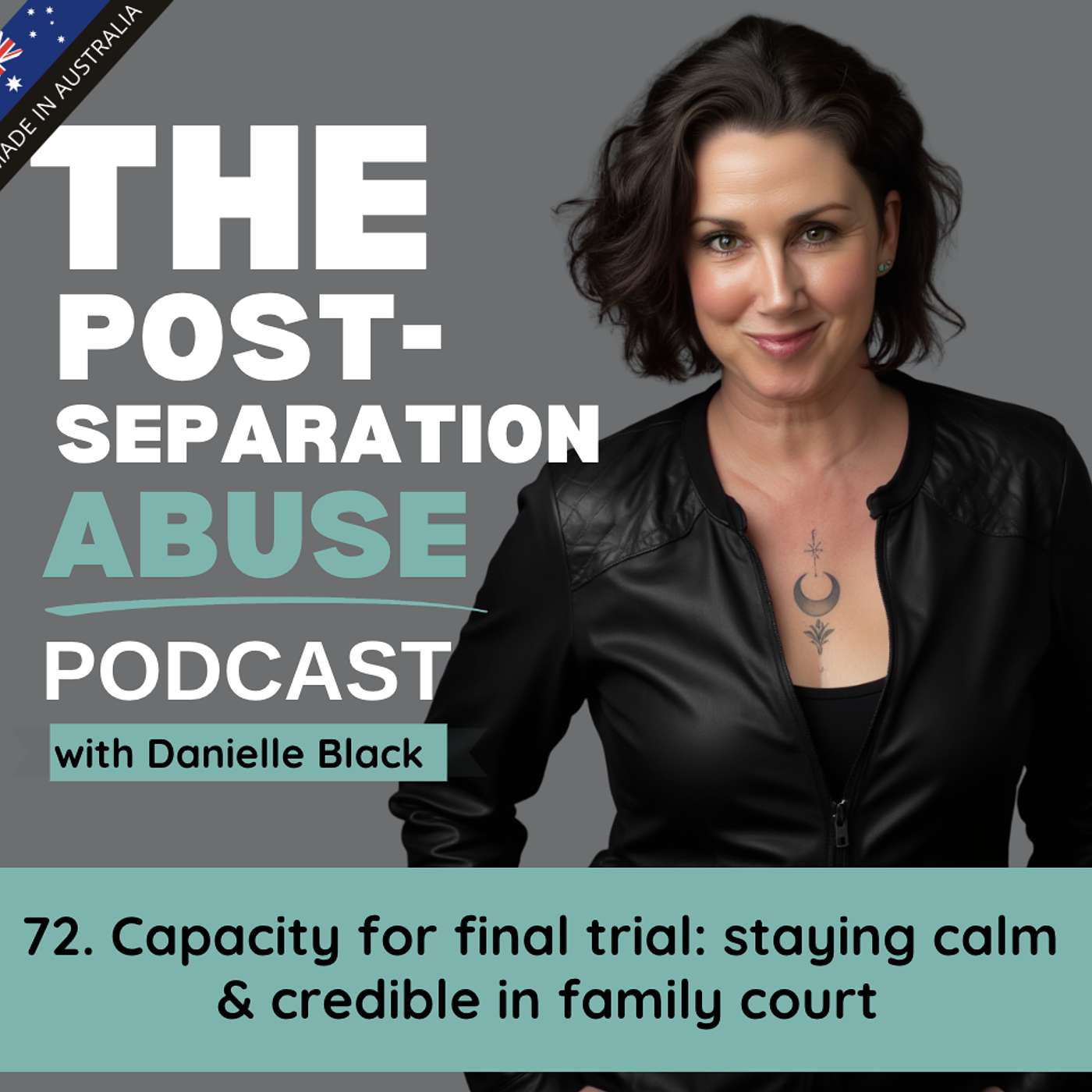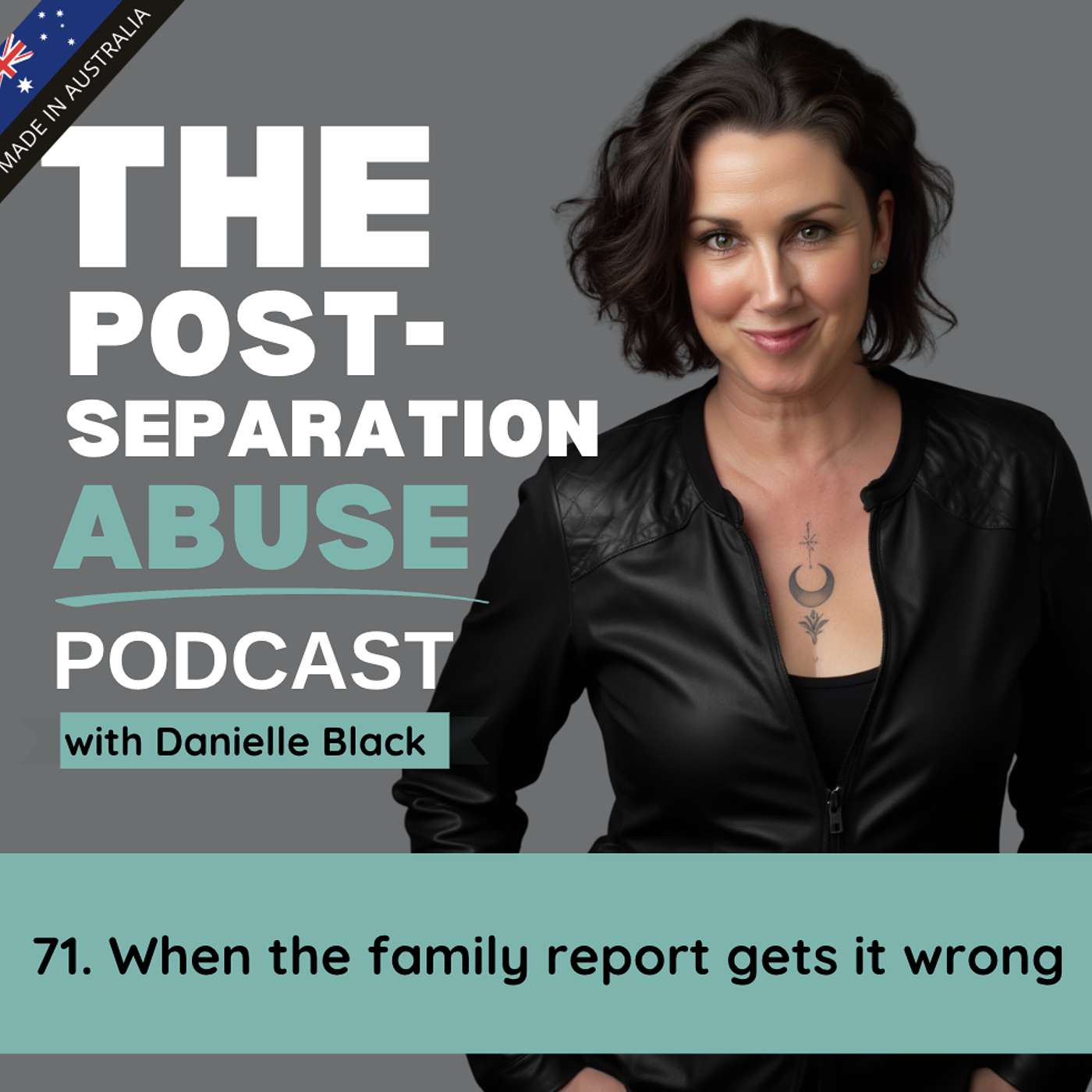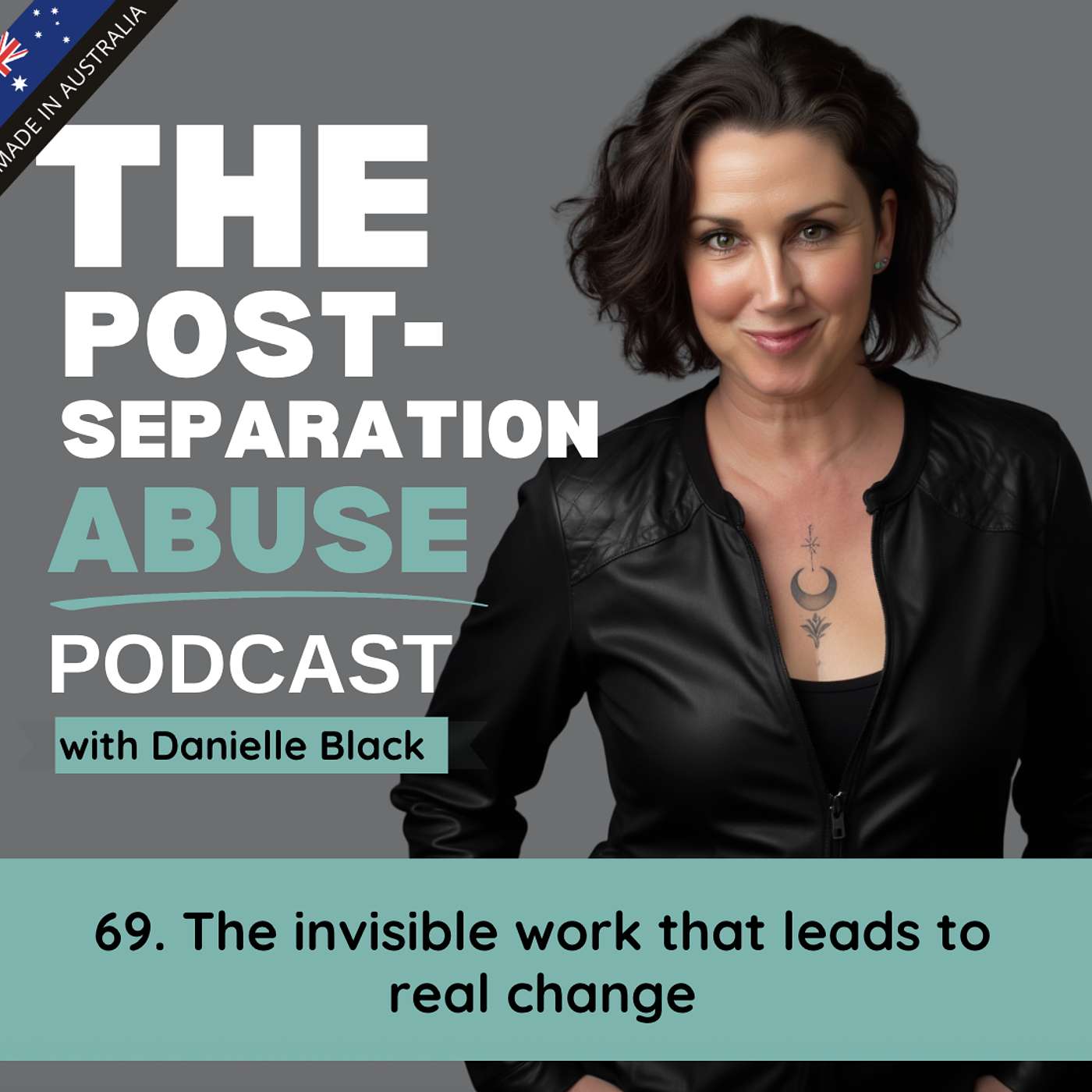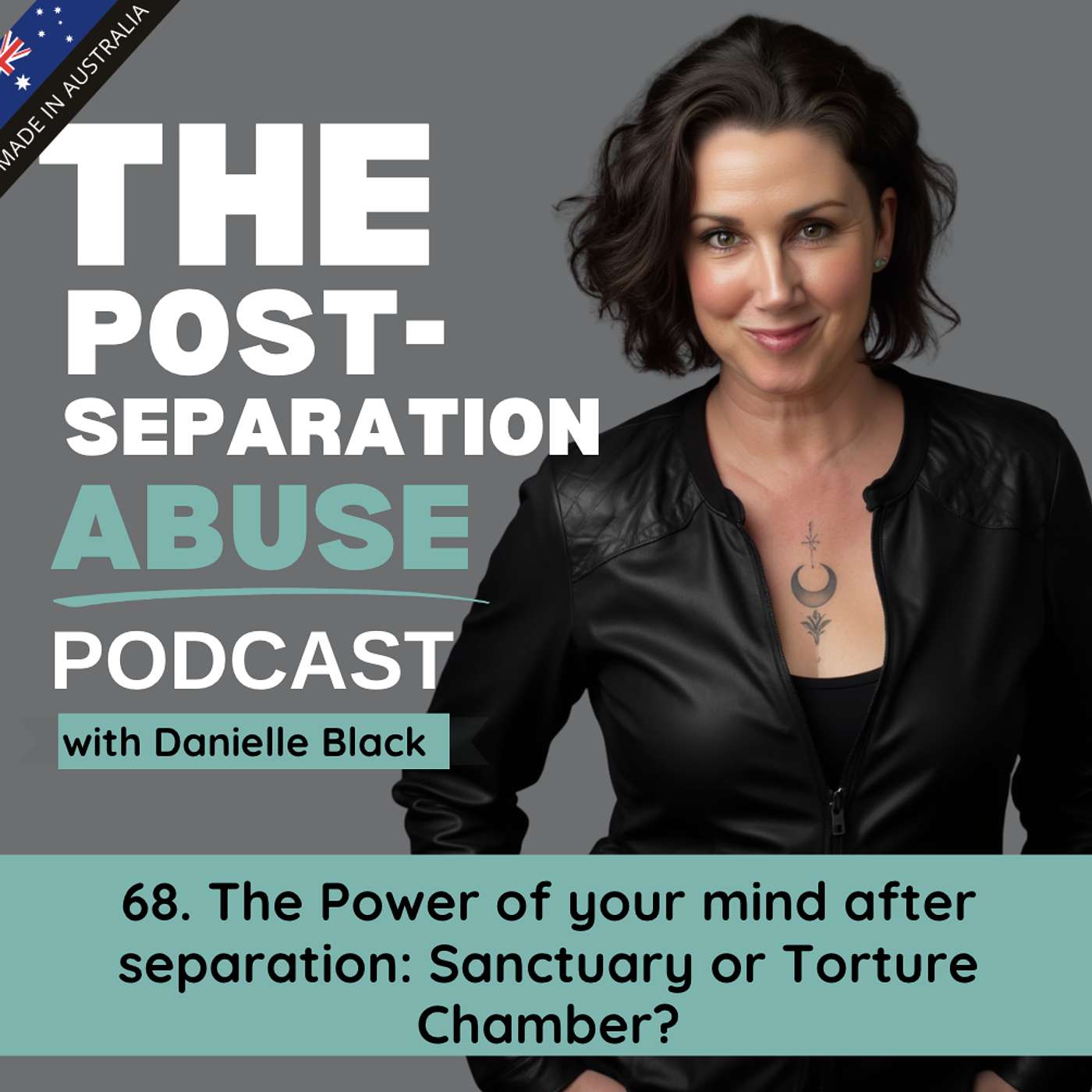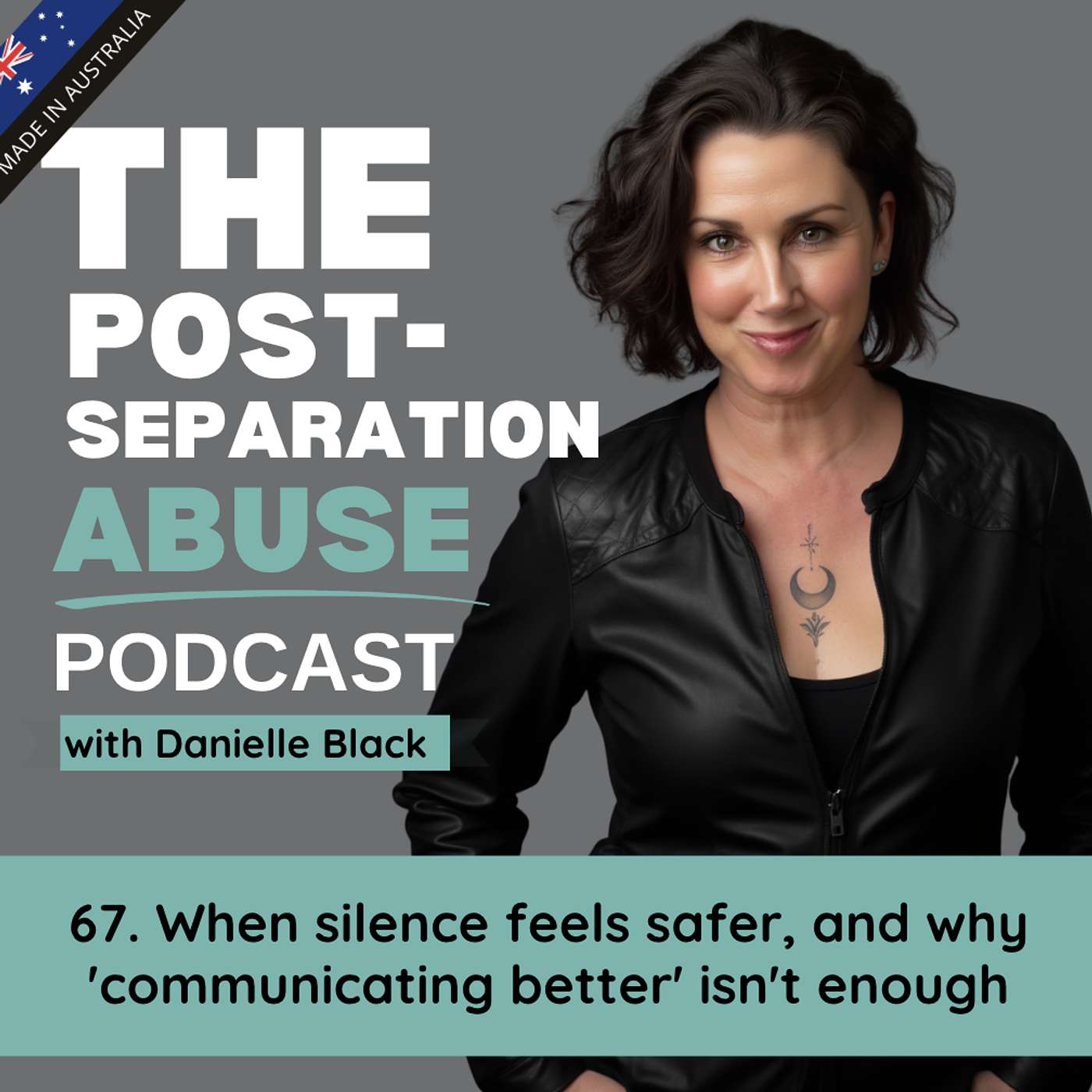
The Post-Separation Abuse Podcast
Author: Danielle Black
Subscribed: 13Played: 609Description
The Post-Separation Abuse Podcast - hosted by Danielle Black, Australia's leading specialist in child-focused post-separation parenting.
This isn't your typical separation, divorce or co-parenting podcast. We tackle the hard truths about what happens when separation involves family violence, high-conflict dynamics, and ongoing abuse - and most importantly, how to protect your children when the flawed Australian 'system' lets you down.
Each episode challenges the dangerous myths that keep women and children in harmful situations. From exposing why Australia's love affair with 50/50 parenting arrangements is hurting Australian kids, to revealing how post-separation abuse operates through parenting arrangements - this is where protective parents get the evidence-based guidance they desperately need.
Putting children first after separation - even when that means challenging professionals, fighting inappropriate arrangements, and refusing to accept "compromise" solutions that damage your children's development and wellbeing.
Raw, unfiltered, and research-backed. Because your children's wellbeing matters more than adult concepts of "fairness."
Transform from confused to confident in your post-separation parenting decisions. Join The Post-Separation Parenting Blueprint waitlist for exclusive early access, early bird pricing, and instant free mini-guide and private podcast episode. Join the waitlist today
Ready to make child-focused decisions with confidence?
Visit danielleblackcoaching.com.au to learn more about how we can help.







